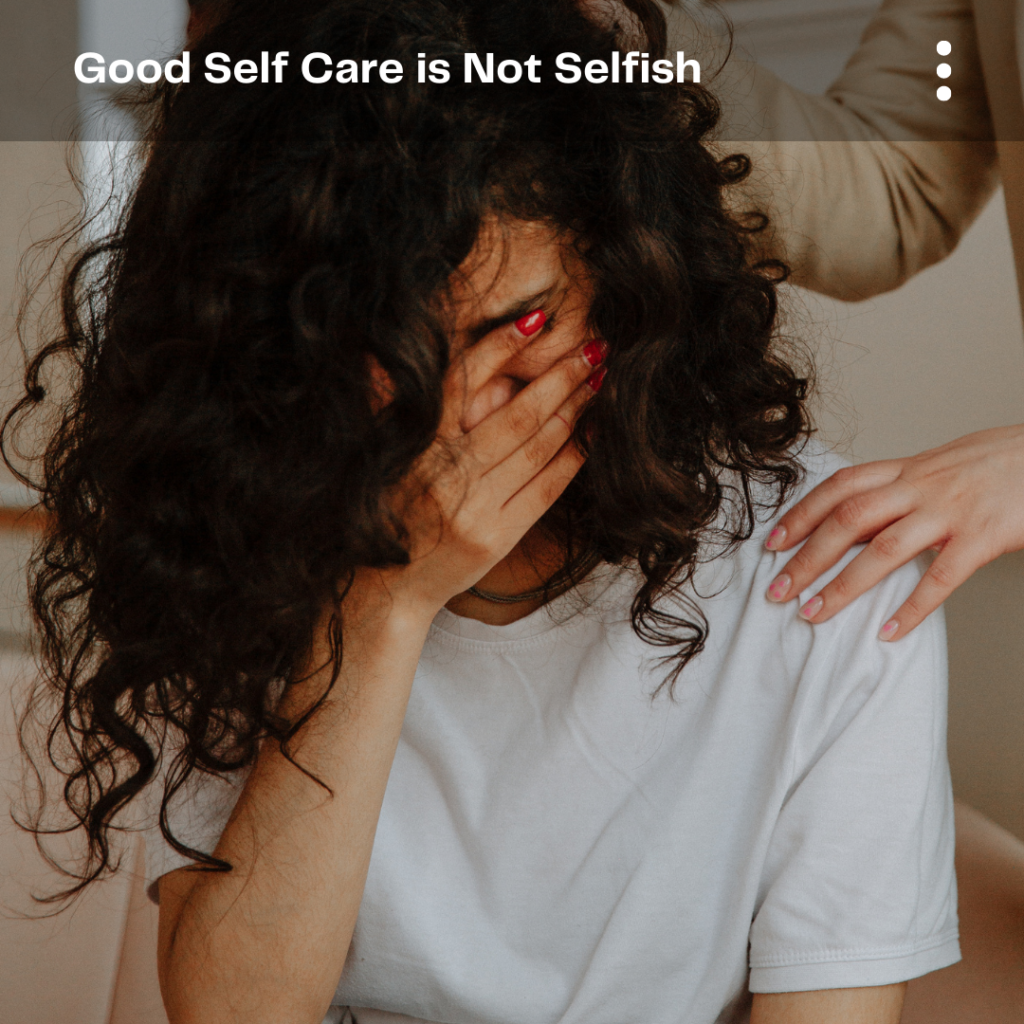Dull aches, soreness, stiffness, stinging, shooting, burning, throbbing – all of these are symptoms of chronic pain if they continue day after day, come and go frequently and seem to bring along with the fatigue, loss of appetite, insomnia, moodiness, weakness and just an overall lack of energy.
Chronic pain is referred to as pain that lasts for 3 to 6 months or more. Everyone that suffers an injury has pain that is associated with it. The difference is that after a torn muscle or deep cut is healed the pain wears off. With chronic pain, the painful symptoms remain even after the wound is healed.
As the painful symptoms of chronic pain run through the nervous system and continuously signal to the brain, it can have significant effects on your daily life and especially your mental health. However, in the right setting for treating people who suffer from chronic pain, they can begin a path to recovery that will help them move forward successfully.
The daily life for someone who has chronic pain is complicated physically, mentally and emotionally. As their pain keeps them from functioning as they usually would it also takes a toll on their self-esteem and can cause depression, anxiety, frustration, and anger. The physical pain and emotional symptoms can create a cycle that may make someone with chronic pain perceive their condition is worse than it really is and further a co-occurring depressive state of mind. And this link is why doctors may often treat chronic pain with anti-depressants or pain medications. The critical thing to note here is that some pain medications and anti-depressant have addictive side effects and it’s important to ask your physician for nonaddictive medicine to prevent further complications.
If you or someone you love suffers from chronic pain, find the right kind of treatment. The right medication and therapy will help you find the relief you seek.



